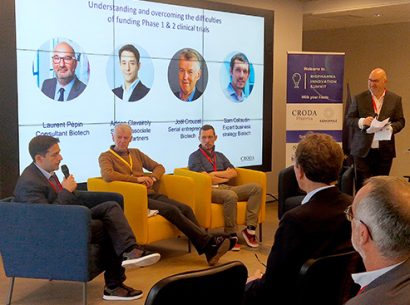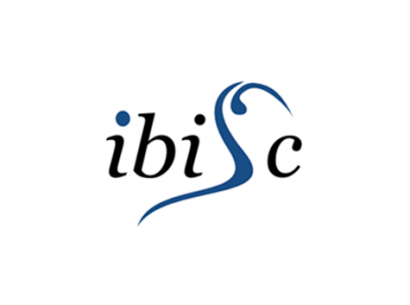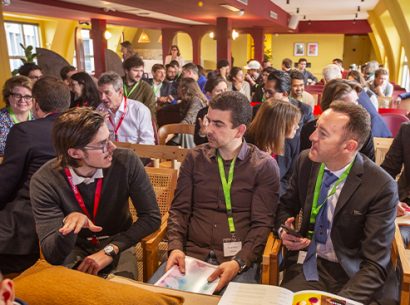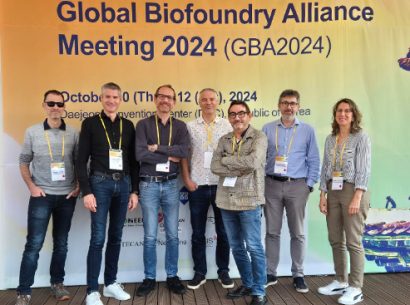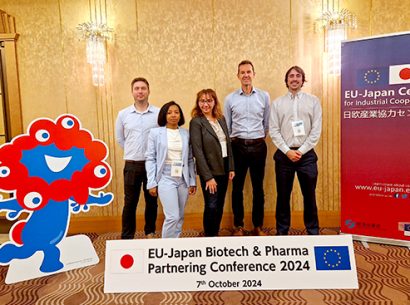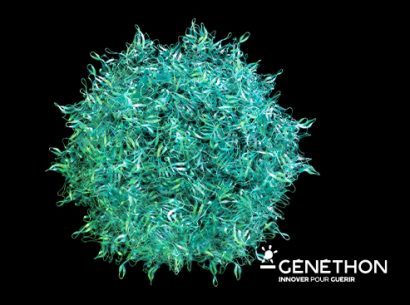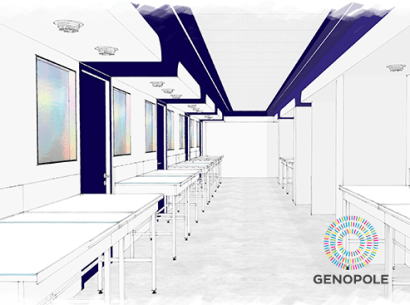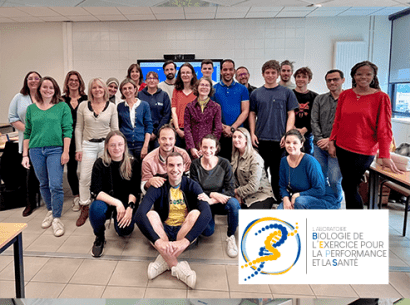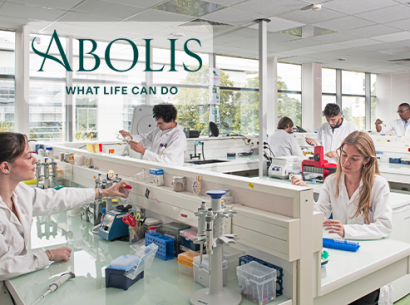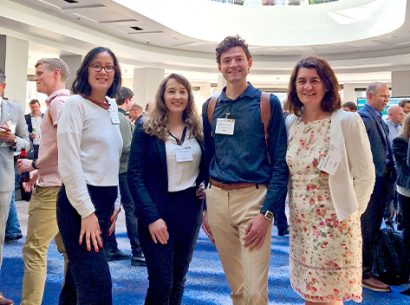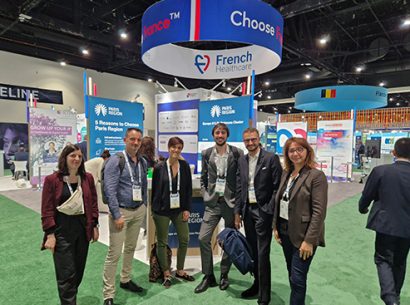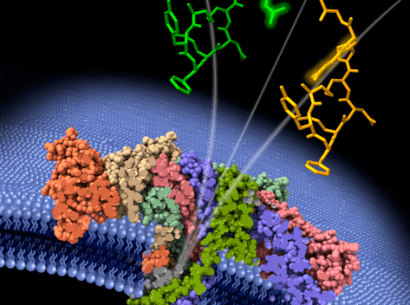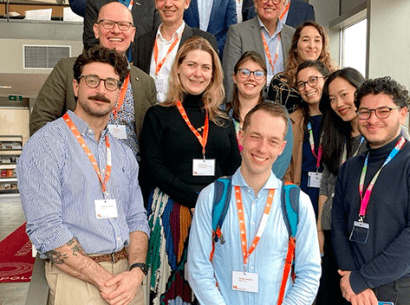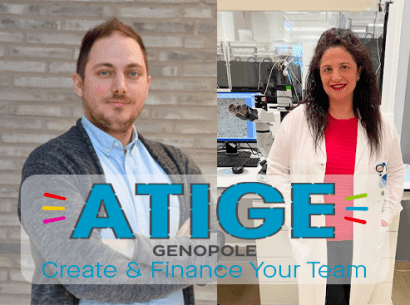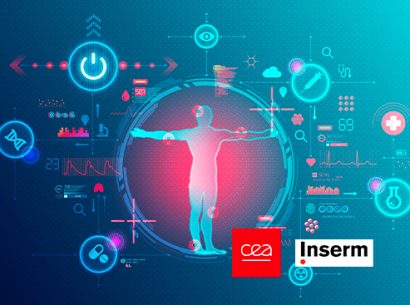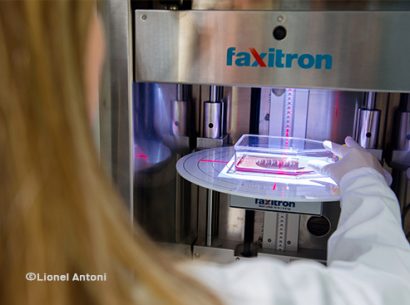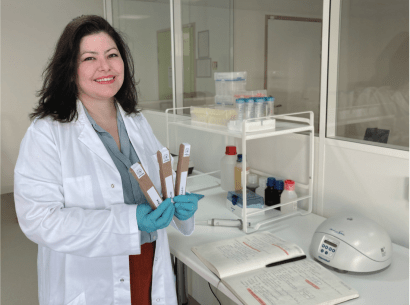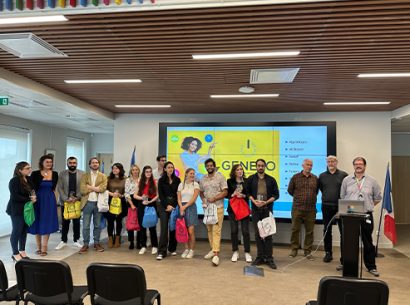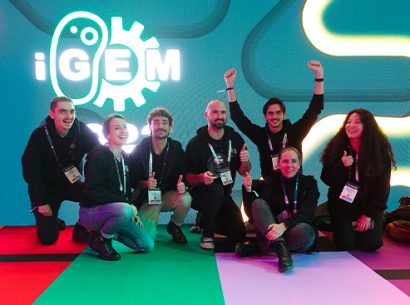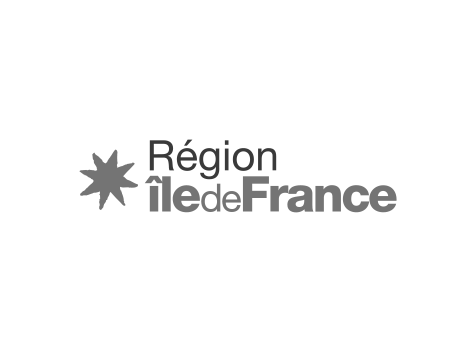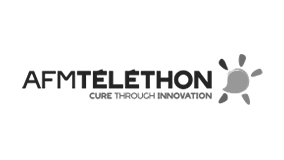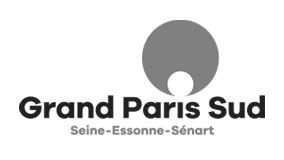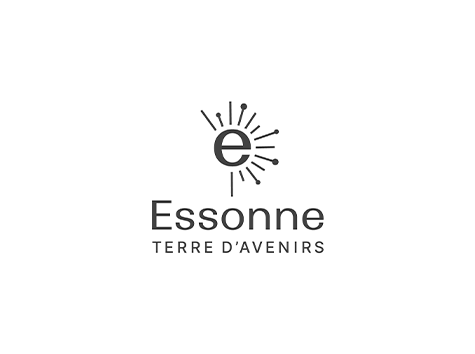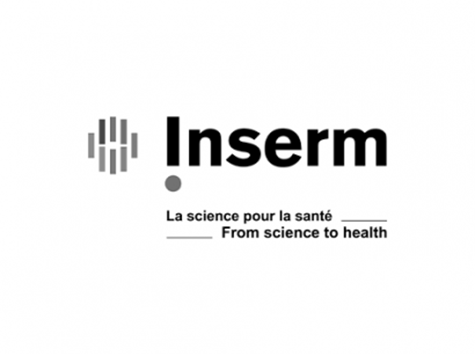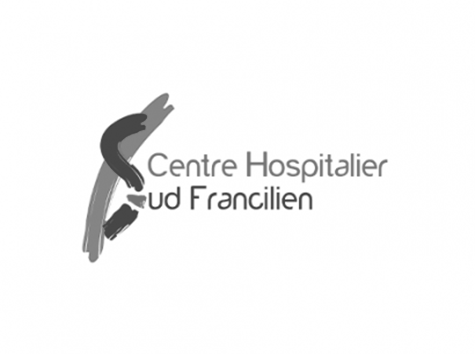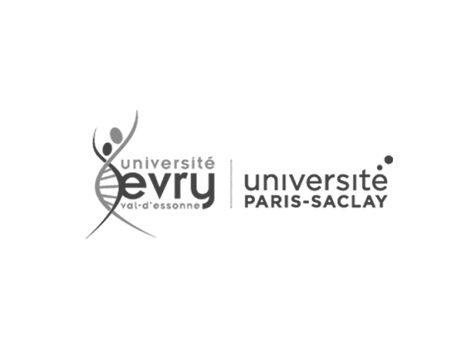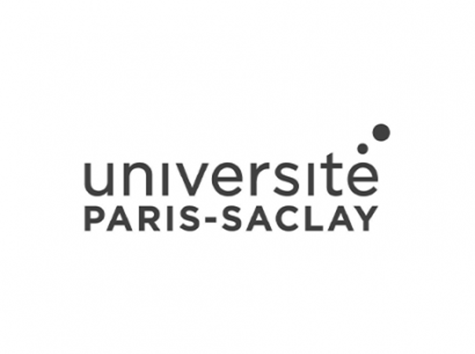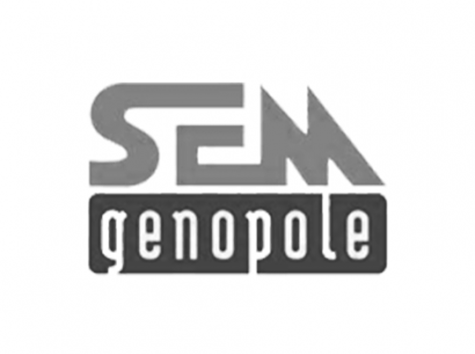For the data from the Tara Oceans expedition, the method provides access to the biological functions and ecological roles of oceanic eukaryotic plankton. The team’s work was published in Genome Research.
Metagenomics enables the single-analysis study of the collective DNA of all the microorganisms present in a given environment, such as a body of water, an area of soil, the human body, etc.
Using it, the Tara Oceans expedition was able to analyze the community of organisms present in each of their seawater samples and thus discover the complex universe of plankton. Therein, the Tara Oceans teams revealed a rich planktonic world comprising millions of genes, the functions of which are being progressively brought to light.
- Tara Oceans provides a summary of 2015–2018 results
However, the global analysis of an environment’s DNA in this manner makes it difficult to identify and study the individual species present there, notably for large, complex genomes like those of eukaryotes.
Identifying the genes of, or those associated with, individual organisms
Researchers at the Genomics Metabolics laboratory developed a bioinformatics method that crosses metagenomic and metatranscriptomic (the collection of transcripted genes, i.e., those veritably expressed by the organism community) data.
With the method, researchers were able to identify among the pooled genes those associated with a same organism or those associated with organisms that live in close association with one another (e.g., parasites/hosts, symbiotic organisms). The method builds upon the quantification of the abundance of genes within samples. For a given species, any one of these genes will vary in abundance in an equivalent manner between samples.
By studying the gene abundancy profile, it is possible to assemble those present in a same quantity and thus identify the totality of genes belonging to a given organism or an association of organisms.
The researchers applied the bioinformatics method to a collection of 37 million genes identified from 365 Tara Oceans samples, which resulted in the identification of 900 groups of genes representing partial or complete organism transcriptomes. Having gained access to these organisms, some of which have not yet been described, researchers can now study their biological and ecological roles. The teams intend to look at the roles of these organisms in major biogeochemical cycles, those of sulfur, nitrogen and phosphate for example.
Toward the biological exploration of data
For example, they have already discovered organisms, particularly Chloropicon genus microalgae, that produce a key enzyme in the sulfur cycle. That enzyme metabolizes dimethylsulfoniopropionate (DMSP), one product of which becomes an atmospheric compound involved in cloud formation. Other ocean–atmosphere–climate interactions will soon be explored. Furthermore, a previously-undescribed symbiotic relationship between a nitrogen-fixing cyanobacterium and a unicellular alga was also brought to light by the bioinformatics method.
Indeed, thanks to this approach, new exploratory frontiers have been opened for the Tara Oceans project’s vast store of data.






